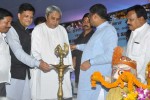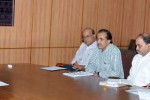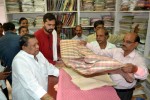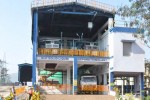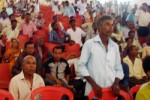Odisha Channel Bureau
Bhubaneswar: Judges must be “active, overactive” to ensure economic justice and protect democratic rights during the COVID-19 pandemic that has prompted the authorities to impose restrictions affecting people’s livelihood, former Supreme Court judge Justice Ananga Kumar Patnaik has said.
The lockdowns and restrictions have “posed new areas where judicial activism has to be done,” Patnaik said at weekend webinar organised by Odisha Dialogues (Odisha Alochana Chakra), a Bhubaneswar-based thought leadership forum. “Courts will be within their powers to test the “reasonableness of (such) restrictions,” he said.
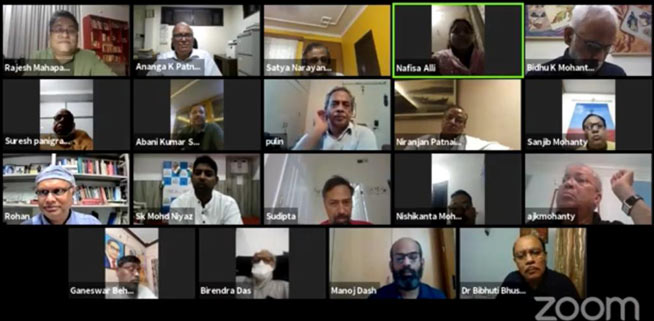
Patnaik said courts usually restrict themselves to interpreting the law but Covid-19 was an “emergency” that had allowed the executive to wield sweeping powers. “Judiciary has to be more active to protect democratic and economic rights during the COVID period. Judges must be active, overactive to see if they can give relief to persons for economic and democratic justice.”
Speaking on the theme of the webinar – Democracy, Economic Justice and Judicial Activism: Imperatives for a Post-Covid World – Patnaik said although judicial activism is not explicitly spelled out in the Constitution, it can, nonetheless, be best defined in opposition to judicial restraint. “When judiciary starts looking beyond interpreting the law, it is judicial activism.”
While, undoubtedly, for the judiciary entering the ‘muddy waters’ of law making or entering the domain of the legislature and the executive is fraught with dangers, the courts have often found that on many an occasions they have been compelled to expand the law and meet the needs of justice by adopting judicial activism.
“Judiciary has to see whether the clampdowns or lockdowns are so severe that they deprive a person of the right to occupation, trade or business. The court has to say ‘is the restriction reasonable?’ It will be within the power of the judiciary to test the reasonableness of a restriction imposed by the state,” said Patnaik, who was a Supreme Court judge from 2009 to 2014.
He also spoke about two clauses under the Constitution’s Article 19 guaranteeing freedom of speech. Article 19 (g) grants the right to “practise any profession, or to carry on any occupation, trade or business” and Article 19 (d) “to move freely throughout the territory of India”.
The Constitution, however, allows the authorities to restrict the two rights, and the judiciary’s role is to see if the restrictions are “reasonable”. The judiciary’s limitation is that it is likely to “overstep when it’s totally in the dark” on issues where the executive has the knowledge, he said, referring to argument that the Supreme Court should have done more for migrant workers who lost their livelihoods in cities and then marched to their villages during the nationwide lockdown.
The Supreme Court’s 1992 verdict on the Right to Education was an instance of the judiciary ensuring economic justice, which is spoken about in the Constitution’s Directive Principles of State Policy but cannot be sought before courts. The court interpreted right to education as a necessary condition for fulfillment of the right to life under Article 21 of the Indian Constitution, said Patnaik, who was also the chief justice of Raipur High Court before becoming a judge at the Supreme Court.
Earlier, introducing the topic of the webinar, former professor of Delhi School Economics Pulin B Nayak cited Mahatma Gandhi to argue that real economic justice lay in the welfare of the “daridranarayan” – the poorest of the poor. On the other hand, democracy is the best insurance against man-made disasters that tend to hurt the economically vulnerable more than others, said Dr Nayak, who also chairs the advisory board of Forum for Odisha Dialogues.
The webinar is part of an effort by Odisha Dialogues to raise awareness and facilitate an informed debate on issues critical to Odisha’s future, said Rajesh Mahapatra, the forum’s founder.








